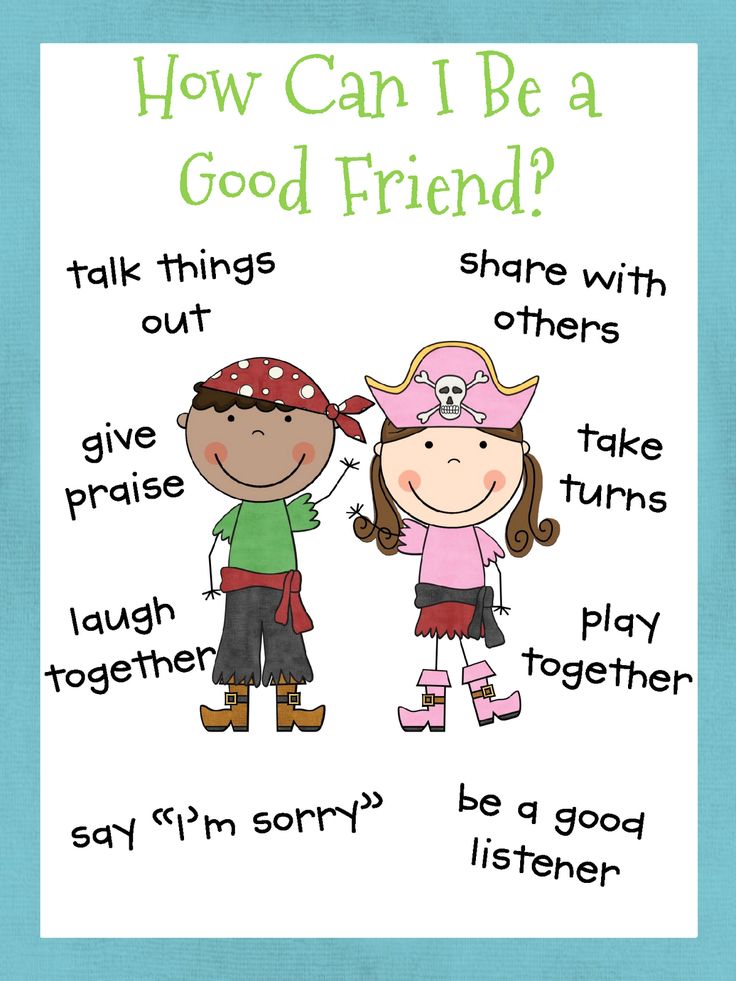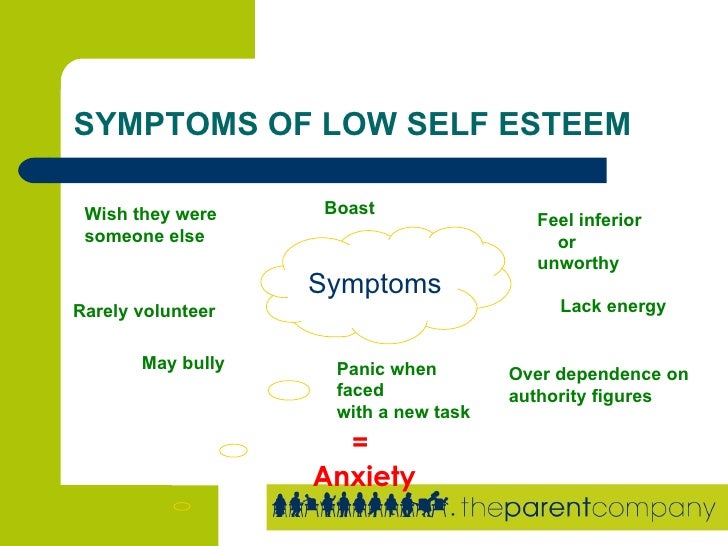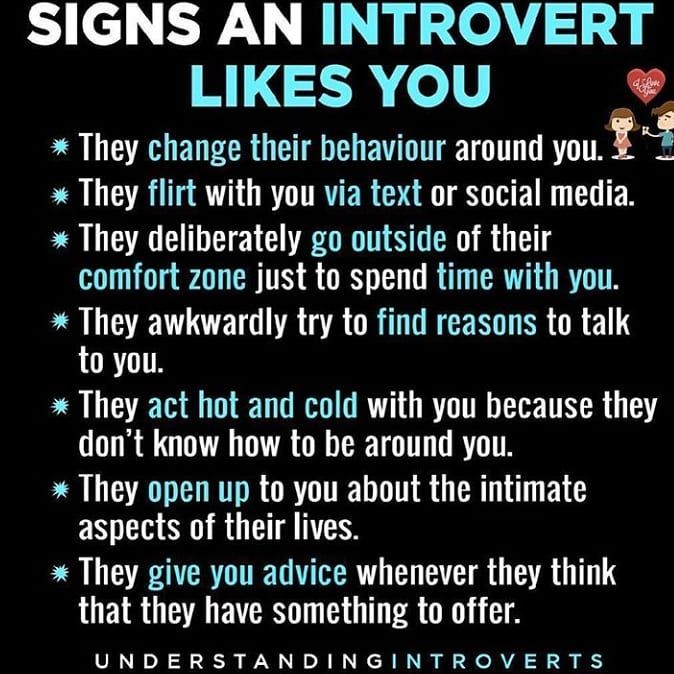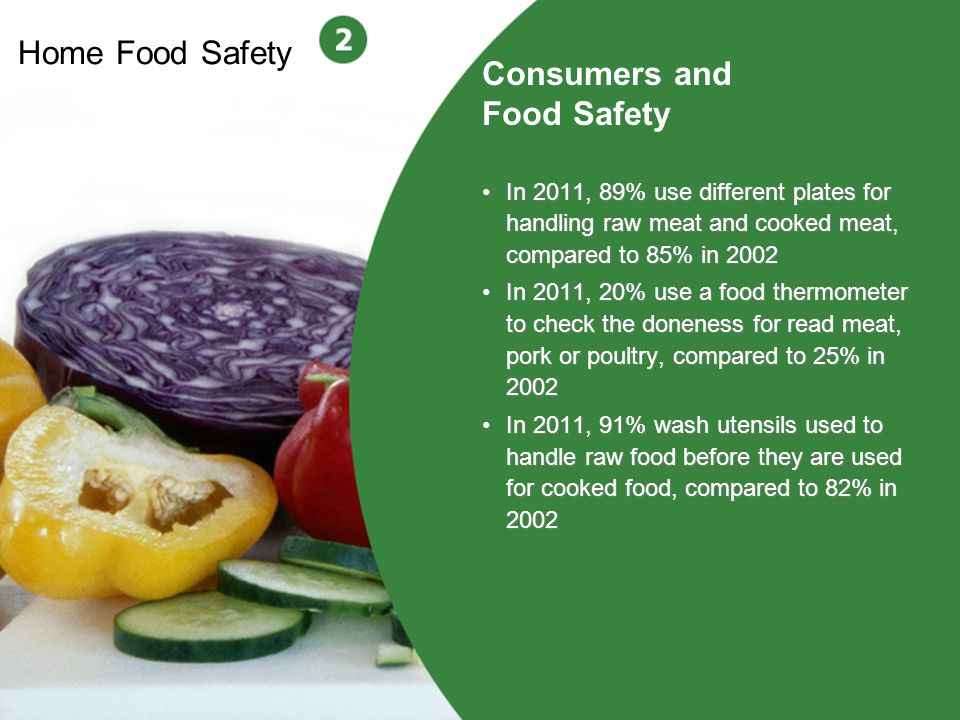Talk with my friends
Tips for Talking with Your Friend
It can be difficult to know how to start a conversation with a friend about what's going on for them. Read on for a few tips to get started.
Some first steps
Speak up! Start by telling your friend what you have noticed and why it concerns you. Choose a comfortable, familiar but private place where the two of you can talk and not be interrupted.
Let your friend know that you care about them and you are worried about them.
Give specific reasons for your concern rather than asking, “How’s it going?” or “Is there anything wrong?” These kinds of questions are easy to brush off. Think about the changes you’ve noticed in them. “I’ve noticed you seem _____ (really down lately, unhappy, on edge) and I’m worried for you.”
Possible responses:
Your friend may respond by saying there’s nothing wrong.
That’s okay – it may take more than one try before they are comfortable talking. But hey will now know that you’ve noticed a difference and that you’re concerned. Try again in a few days.
Your friend tells you they don’t know what’s going on for them.
Suggest they look at some of the self-checks in the Mental Health & Substance Use section as a first step. Offer to sit with them if they want support, but don’t answer for them as the results will not be very accurate. Or if they prefer to do it on their own, send them the link to this section.
Your friend isn’t comfortable talking with someone they know.
Let them know that on foundrybc.ca they can find out about phone and online chat resources and they won’t have to say who they are.
Your friend wants to talk with you.
- Let your friend share as much or as little as they want to.
- Make it clear that you don’t blame them for their problems. Be non-judgmental.
- Try not to assume you know what’s wrong.
 Don’t try to diagnose or second guess their thoughts or feelings. Just be there, listen and offer support.
Don’t try to diagnose or second guess their thoughts or feelings. Just be there, listen and offer support. - Ask questions to help you both have a better understanding about what they are going through. Assure your friend they don’t have to answer any questions that make them feel uncomfortable.
Keep in mind….it can be really hard to talk about personal stuff. Your friend may not understand the feelings and thoughts they’re experiencing. They may feel like it’s their fault or embarrassed that this is happening to them. They might be frustrated that they can’t just get over it or scared of being seen as different from everyone else.
- Keep your questions open-ended. Say “Can you tell me how you are feeling?” rather than “Are you feeling sad?” Give your friend time to answer.
- Sometimes, just being able to vent about one’s troubles is enough to feel better.
- Ask “How can I help or support you?” rather than jumping in with your own solutions.
- You may hear something that needs more support than you can give.
 Ask your friend if they have thought about going for help. Suggest going to the Get Support section on foundrybc.ca or that they talk with a trusted adult.
Ask your friend if they have thought about going for help. Suggest going to the Get Support section on foundrybc.ca or that they talk with a trusted adult. - Don’t promise to keep secrets, especially if your friend is talking about hurting themself.
- Be prepared to hear information that may be upsetting. This can be hard to take, so remember to take care of yourself. Talk to an adult you trust or you can always use the phone and online chat options to connect with a trained professional or volunteer.
If you are very worried about a friend, you should let an adult know. This could be one of your parents, a school counsellor or another trusted adult. They can help you to figure out what resources are available and what the next steps might be.
What Next?
Want to explore and learn more?
Substance use and friendsKeeping Connected with Your Friend
How to talk to a struggling friend
If you’ve recently noticed some signs that your friend might be struggling emotionally, you may be wondering why they haven’t brought up their struggles with you directly. After all, you want to be there for your friend and help them through whatever they might be dealing with.
After all, you want to be there for your friend and help them through whatever they might be dealing with.
Remember that there are a lot of different reasons why a friend might not be up front with you about what they’re going through. They may not know how to talk about how they’re feeling or what they’ve experienced. They may not want to be a burden or worry others. They may come from a culture or a family where difficult feelings are not openly discussed. They may want to reach out for help but feel embarrassed or ashamed that they can’t cope on their own.
As a friend, one way you can offer support is by starting the conversation about your concerns instead of waiting for them to confide in you.
How to Approach to a Friend You’re Worried About
It’s important to trust your instincts about how and when to bring up your concerns. That can be hard, especially if you’ve never done it before or if you also come from a family or culture where talking openly is uncommon. Here are some things you can do to make the conversation more comfortable for you and your friend.
Here are some things you can do to make the conversation more comfortable for you and your friend.
Try To
- Ask them to get together or check in with you. You could start with something like, “You don’t seem like yourself lately. Maybe it’s just everything going on right now, but I wanted to check in and see if we could sit down and catch up.” Or, “Hey, I miss you. I feel like we haven’t had a chance to hang out or talk like we normally do. When can we catch up?”
- Meet up in person, or schedule a phone call or video chat. These methods of communication are preferable to just texting or messaging because you can get a better sense of nonverbal cues, like how they look and how they react to what you say. It’s easy to say, “I’m fine” via text.
- Choose a location that is conducive to having a talk in relative privacy. You could offer to grab coffee, hang out at one your homes, or go for a walk.
 A loud, crowded space is not the right venue.
A loud, crowded space is not the right venue. - Start the conversation from a place of concern and support. For example, you could say something like, “You seem a little down lately and I just wanted you to know that I’m here for you.” Be sure to be able to give them your full attention from the outset. Put away your phone, make eye contact or, if that is too direct, position yourself in a way that shows you are fully there and ready to listen.
- Be specific about what you’ve seen or heard that’s causing you concern. For example, you can say things like, “It concerned me when you said…” or “I am worried about you because I have noticed that you seem – low energy, sad, angry, depressed – the last few times we’ve talked.” Being clear about what you’re noticing and making it clear that you are sharing your perception, which may or may not be in alignment with their reality, is helpful for your friend and makes it easier to follow up on their behavior over time.

- Let them know they are not alone. Sometimes when we’re struggling, we isolate ourselves or feel like no one understands what we’re going through. It’s important for your friend to know they have a support system to lean on. This can be as simple a periodic but regular text or DM check-ins. What is most important is that your actions follow your words – do not say you care and want to be there for them and then disappear for long periods of time.
- Really listen to them. Listen to details of their story, but also listen for the specific emotions they are sharing. The various events, exchanges and people that are involved in stressful situations matter, but what’s most significant is their emotional reaction to the details. It might be impossible to change the situation, but it can be possible to bear witness, validate, or even soothe their emotions. So listening to how they feel is as important as listening to the specific events that drive their feelings.

Be patient. They may not be ready to tell you everything, or they may not know how to articulate what they’re going through. Be comfortable with silence if they need to take their time. But you can circle back around to your concerns if you continue to notice things that worry you.
Try To Avoid
- Language that feels judgemental or accusatory. For example, avoid saying things like, “I really feel like you are not holding up your end of things at work” or “You’re not contributing enough to our group project.” Even if those things are true, remember, it’s best to approach from a place of support and concern. This does not mean that you have to protect your friend from something you need them to know, especially if it is adversely having an impact on you or others. In many instances, you can share your perceptions by framing them differently. For example, you can say, “I notice that your mind seems to wander when we are meeting and when it does, you look a little sad or worried,” or “I remember you saying that you were looking forward to our group project, but I notice that you have had a hard time making our meetings or sharing when we do get together.
 ”
” - Bringing other people’s opinions into the conversation. For example, avoid saying things like, “Several of our friends have said you have been blowing them off or treating them badly,” or “Everyone at work has noticed there’s something going on with you.” Remember, it’s better to stick to specifics about what you’ve seen and heard that concerns you.
- Bringing other people with you when you meet up. You don’t want your friend to feel like you’re ganging up on them.
- Being combative or defensive. Avoid interrupting them while they’re speaking, minimizing their concerns, or defending someone who’s hurt them.
- Diagnosing the problem or trying to fix it for them. It’s not on you to know all the answers or give them advice on how to handle their situation. If they are struggling with an issue like depression, addiction, or grief, they may need a different kind of support than you can offer as a friend.

These tips are a starting point, but remember to take into account your friend’s unique personality, your relationship, and the situation and do what feels right for you. If you decide you aren’t comfortable starting the conversation, you aren’t out of options. You can reach out for support for yourself from resources like the Crisis Text Line, or reach out to another friend, coworker, or family member you trust.
You’ve Started the Conversation. What’s the Next Step?
Starting the conversation with a friend who’s struggling is the first step. If your friend is receptive, you may suggest that they seek therapy or get connected to support groups or other resources. If your friend is open to the idea, you can support them as they reach out for help. If your friend doesn’t know where to start looking for help, they can start by texting START to 741741 or calling 1-800-273-TALK (8255) for a free, confidential chat with a trained counselor anytime.
If your friend shuts down the conversation, brushes off your concerns, or tells you everything is fine but you still think something is wrong, it’s important to trust your instincts. If you’re stuck on what to do next, check out these tips for how to approach a friend who isn’t receptive to help and how to take care of yourself while taking care of others.
If you’re stuck on what to do next, check out these tips for how to approach a friend who isn’t receptive to help and how to take care of yourself while taking care of others.
You're Not Alone
Back to landing page
Search Resource Center
Type your search term below
How to make and not lose friends: personal experience and scientific approach
September 6, 2021Relationships
Journalist Emma Beddington told how she made new acquaintances after moving to another city, relying on the advice of scientists.
Share
0Emma Beddington
Journalist, author.
You can listen to this article. If it's more convenient for you, turn on the podcast.
My story
I don't want to admit it, but I don't know how to make friends at all. At 43, I have very few friends. Indeed, there is a better one. We met online - that's how almost all of my last friendships were born and maintained. I could put it down to circumstance, but I'm afraid that's just fine with me. This way I can disappear into uncomfortable situations, pull away when I get irritated, support the person without having to push myself too hard.
At 43, I have very few friends. Indeed, there is a better one. We met online - that's how almost all of my last friendships were born and maintained. I could put it down to circumstance, but I'm afraid that's just fine with me. This way I can disappear into uncomfortable situations, pull away when I get irritated, support the person without having to push myself too hard.
In addition, I have another friend from my school days and one from my old job, whom I last saw in 2009. I have no university friends left, and for that I am especially ashamed. I was unhappy during my school years, but I met wonderful people who looked after me when I was at my worst and endured my selfish bouts of despair. After graduating from university, I was so glad that everything was over and I wanted to start a new life so much that I did not try to save friendship. Now I am terribly ashamed of my carelessness and ingratitude.
This has happened over the last 20 years. I don't do it consciously. I seem to feel the need to shed old skin in every place I leave. This extends to the people who tie me to this place. According to clinical psychologist Sally Austen, there is a certain logic to this behavior.
I seem to feel the need to shed old skin in every place I leave. This extends to the people who tie me to this place. According to clinical psychologist Sally Austen, there is a certain logic to this behavior.
Old friends connect us not only with happy memories, but also with bad ones. When there's a chance that old friends will get in the way of a clean slate, it seems safer not to stay in a relationship.
Sally Austen
psychologist
If only I had the talent to make new acquaintances. This is a difficult undertaking, even for those who find communication easier than me. According to recent data, it takes about 50 hours of communication to go from the first meeting to friendship. And for close friendship 200 hours. If one meeting lasts an average of two hours, it will take 25 meetings to become buddies. And a lot more if you usually prefer to just have a quick coffee with someone. It seems impossible for an adult with a family and a job to find time for friendship.
But it has to be done. The scientific evidence on the dangers of social isolation and the benefits of communication is very convincing. Loneliness increases the risk of high blood pressure and heart disease, increases the likelihood of death by 26%. It is not yet clear why exactly it is so harmful. But it seems that those who feel lonely, immunological reactions change.
Friendship, on the contrary, is useful from a chemical point of view. Friendly touch triggers the release of oxytocin, and communication releases endorphins. When we are with a friend, we release less cortisol in stressful situations. We can endure discomfort after communication longer. Since science explained why I need friends, I decided to rely on it in my search for them.
Tips for those who want to make friends
Reconnect with old acquaintances
Reconnecting with old friends has concrete benefits, according to researchers. In the dry language of scientists, this is “quite effective,” that is, faster and easier compared to finding new ones.
Since I returned to my hometown, I decided to start with this most obvious way. I scoured Facebook* for people I knew, and, burning with shame, I wrote if someone from the locals would like to meet. This brought me several invitations for a cup of coffee. I was also introduced to friends of friends, so it was worth it.
Spend more time among people
Sociologists have proven that the more often we see someone, the more pleasant they seem to us. Even if it's not a person, but a huge garbage bag. In 1968, scientists conducted this experiment: a class of students was joined by someone completely wrapped in a black bag. Over the course of two months, the attitude of students towards him gradually changed: from hostility to curiosity and friendly disposition.
I have taken this into account and regularly go to the co-working space, where I have already made one promising acquaintance. Her name is Poppy, she has amazing eyebrows, and she loves to be scratched on the head. Yes, Poppy is a miniature schnauzer, but I hope that in time I will find friends among people. I'm in the same category as a trash bag in terms of attractiveness, so I'll stick with that plan.
Yes, Poppy is a miniature schnauzer, but I hope that in time I will find friends among people. I'm in the same category as a trash bag in terms of attractiveness, so I'll stick with that plan.
Seek like-minded people
This classic advice is based on scientific evidence. Friends usually have similar preferences, personality traits, and even a similar nervous response to videos.
Armed with this knowledge, I went to Meetup in search of like-minded people who share my passion for watching owls through webcams and TV presenter Philip Mold. There were none, so I signed up for a meeting where I could speak French.
The very absurdity of the situation, when a group of Englishmen stammeringly speaks in another language, helped to break the ice. And soon I am loudly indignant in French at slow tourists. I enjoyed chatting with a woman named Kathleen about the ubiquitous seagulls and even discovered that I have a mutual friend with one person (Poppy the Schnauzer). And I really looked forward to a new meeting, joyfully saying at the end: "Until next time!"
And I really looked forward to a new meeting, joyfully saying at the end: "Until next time!"
Keep in touch
What moved me the most was the study that friendships last long when both parties make contact. This is exactly what I have not been able to do in the past.
Of course, I need to communicate with people other than my relatives, and I will try to make new friends. But honestly, I don't think I deserve them until I learn how to keep in touch with the old ones. I asked psychologist Sally Austen how not to repeat my mistakes.
People make mistakes, and when two people try to build relationships, there are even more mistakes. You need to try, be persistent and courageous, do not miss the opportunities that are presented and create them yourself.
Sally Austen
psychologist
Yes, friendship takes a lot of time, effort and kindness. But the few people that I have are not only good for my health, but also for my soul. An hour spent with a friend is like pure oxygen. It's nice to feel that you are noticed and known, and to respond in kind.
It's nice to feel that you are noticed and known, and to respond in kind.
Read also 🧐
- Why do we lose friends with age
- How to make friends at any age
- 3 ways to make more friends
*Meta Platforms Inc. activity. and its social networks Facebook and Instagram are prohibited in the territory of the Russian Federation.
How to keep friendships at a distance
March 25, 2017Relationships
It seems that modern technology allows you to maintain any contacts anytime and anywhere. But what about those who decide to go far and for a long time? Find out if it is possible to keep friendships at a distance and how not to lose an emotional connection with friends.
Share
0 In search of change, new experiences and a higher standard of living, many of us or our friends change their place of residence and move to other cities and countries. If homesickness is a purely individual matter, hardly anyone will argue that it is easy to part with like-minded people.
One of the most painful moments of moving is the fear of losing old friends. Of course, when you change your place of residence, new acquaintances appear, but still an old friend is better than two new ones.
Is it possible to maintain a friendship at a distance if you or your friends have decided to move
The answer to this question depends on many factors. The main one is your mutual desire to remain friends. I changed countries twice, and when I returned back, my closest friends scattered around the world. At the same time, the geography of the new places where they settled is really amazing: Great Britain, Spain, the USA, France, Canada, Norway and even Indonesia.
But there is still friendship at a distance. Here everything depends on your desire. If friendship with a particular person is truly important to you, no distance will be a hindrance to you.
How not to lose an emotional connection if you live in different places
Do not stop casual communication over trifles
It is very easy to move away from each other at a distance. But only if you don't share information. Real friendly intimacy implies ease and ease in communication, which are often made up of little things. Now you don't even have to waste time writing letters. Just let us know how you're doing by recording a voice message.
But only if you don't share information. Real friendly intimacy implies ease and ease in communication, which are often made up of little things. Now you don't even have to waste time writing letters. Just let us know how you're doing by recording a voice message.
If you live nearby, you probably exchange stupid jokes, photos or some not very important facts from your life with your friends. If your friend has moved to a different country or city, essentially nothing has changed. You can also send stupid messages to each other in messengers that do not carry a large semantic load.
Headache? Write to a friend about it. At the same time, there will be a great reason to ask how he is doing. Did they give you flowers? Send a photo of them to a friend. There will be a reason to talk about a new fan. Did you see an old photo from a trip together? Send it to a friend and remember past adventures.
The little things in life help to maintain a friendly emotional background and the feeling that you still speak the same language. It will be easier to start any conversation next time.
It will be easier to start any conversation next time.
Feel free to write first and make a step forward
A good friendship involves both parties. When you are far away from each other, forget about minor grievances. It doesn't matter who gets in touch first. You may simply not know how the other person feels in a new place at a particular moment, and your message may turn out to be a pleasant and unexpected surprise.
If they don't write or call you, it doesn't mean that they forgot about you, stopped loving you or found a replacement. It happens that there is simply not enough time, energy or reason to initiate communication. Perhaps your friend is going through a difficult period and is embarrassed to talk about his difficulties. Remember that resentment does nothing to strengthen friendship.
Show initiative and interest in a friend's life. Numerous instant messengers and social networks will allow you to find out what your friend is feeling and doing at the moment, where he goes and what impressions he gets. Write first, even if you have to do it periodically. If you appear in the life of another person from time to time, sooner or later your friend will begin to reciprocate and be the first to make contact.
Write first, even if you have to do it periodically. If you appear in the life of another person from time to time, sooner or later your friend will begin to reciprocate and be the first to make contact.
Make surprises even if you live far apart
We all like to think and it is extremely important to know that somewhere far away we are remembered and loved. Surprises from afar are very unexpected in themselves. Don't be lazy and take the time and energy to do something nice for your friend from a distance.
Technology allows you to make any surprises, no matter where you and your friend are now. Is your friend's birthday? Order flowers with delivery. Do you miss adventures together? Make an album with your photos and send it by courier. Did you see a cool present? Buy online with delivery to a friend's house.
You can also create new traditions. For example, send each other postcards from different places. It is very inexpensive, and it is incredibly pleasant to receive them. And if you can, be sure to come to a friend without telling him anything. Seeing a friend you didn't expect to meet soon is truly priceless. Just before the trip, do not forget to make sure that your friend is currently in the city.
And if you can, be sure to come to a friend without telling him anything. Seeing a friend you didn't expect to meet soon is truly priceless. Just before the trip, do not forget to make sure that your friend is currently in the city.
Don't forget important dates
We live in the age of social networks, so you don't have to remember when your friends' birthdays are. Facebook* will remind you in time. Therefore, do not be lazy to call once again and congratulate your friend on the holiday, because it is always nice to hear the voice of a loved one. Spending five minutes of your time will create a good mood for you and your friend for the whole day.
Never be offended if a friend forgot to congratulate you. Perhaps he had an extremely difficult work week or an accident happened. Write about an important date yourself and forget about resentment. There are many things that can be done in a relationship. The main thing is to explain in time what happened.
Create group messages and chats
The group dynamics of shared chats will help you stay emotionally connected with your friends. One head is good, but several are better. Periodically, chats come to life, and the conversation starts by itself.
One head is good, but several are better. Periodically, chats come to life, and the conversation starts by itself.
If you have common interests and acquaintances, you will have something to talk about. Group correspondence helps keep abreast and maintain relationships at a distance.
Also, in a group, you can arrange a meeting in a place convenient for everyone. Joint trips and meetings in other cities are remembered for a long time and create a good foundation for further relationships. After moving, you begin to appreciate your loved ones more, so you don’t put off anything for later.
What distinguishes friendship at a distance from relationships at a distance
Friendship is a relationship between people that requires exactly the same systematic work as a relationship in a couple. But with one caveat: friends can live in different places and maintain relationships for many years, or they may not communicate for several months or even years, and then suddenly meet and talk excitedly for hours.














